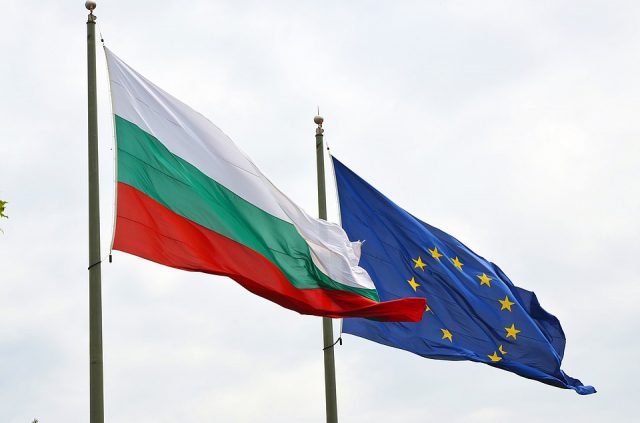Today, the Ministers of European Affairs of the EU member states will hold online the long-awaited General Affairs Council, which was to adopt the negotiating framework for Macedonia and Albania, MIA’s correspondent in Brussels reported.
At today’s meeting, it is almost certain that Bulgaria will block the negotiating framework for Macedonia due to bilateral disagreements, while the German presidency, with the help of the European Commission, is still making efforts to overcome the differences by the end of this year.
The Council minimizes the fact that no decision will be made today, pointing to the fact that the meeting is held online, as did the March ministerial meeting that decided to start negotiations with Skopje and Tirana, which only slightly delayed the process due to bureaucratic procedures, but did not prevent the decision.
Diplomats in Brussels are aware that Sofia has no intention of giving in to the request to include the bilateral dispute in the EU process with Macedonia, a request that is unacceptable for other EU member states.
As MIA reported, in the new methodology of the European Union for accession negotiations with the candidate countries, Chapter 35 is deleted. Previously, this chapter existed as an option for “other issues”, ie policies that are not provided in any other chapter. The most prominent example is that of Serbia, for which Chapter 35 is devoted to relations with Kosovo, and for which the EU has a mandate from the United Nations Security Council, as a security issue. The Bulgarian-Macedonian dispute is not considered a security dispute by any international organization.
In the case of Belgrade, and because of the sensitivity of the Kosovo issue, Chapter 35 has the same weight as Chapters 23 and 24 (Justice and Judiciary) and has the power to block, suspend, or reverse Serbia’s entire EU integration process. According to the diplomats interviewed by MIA, this is exactly what Bulgaria is looking for Macedonia, which would lead to “bilateralization” of the enlargement process with Skopje, something that is contrary to EU principles.

According to EU diplomats, this could be a “dangerous precedent” for the other candidate countries in the Western Balkans, but it also confirms the thesis of the most skeptical countries that enlargement to Eastern European countries has taken place prematurely and should be stopped.
With this, Bulgaria could do “a great counter-service to all countries in the region,” comment EU member states.
I am afraid that Bulgaria’s policy of conditioning will only strengthen the reservations of the skeptical EU member states towards enlargement and will be used as confirmation of the thesis that we accepted Bulgaria too early and that we are now paying the price for it, a senior EU diplomat told MIA.
The question today is how other member states will react to their ally Bulgaria. Many EU diplomats do not expect much pressure on Sofia for the time being due to the upcoming elections in March.





Comments are closed for this post.